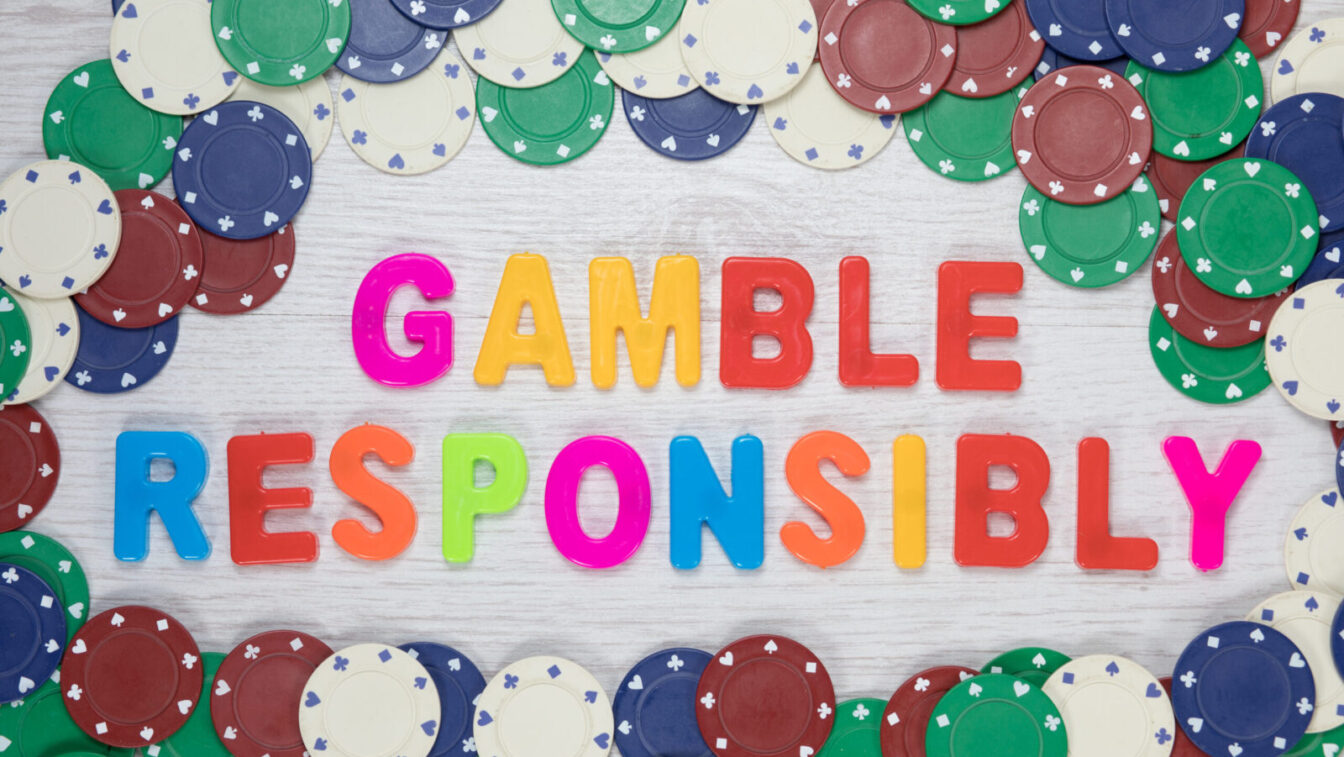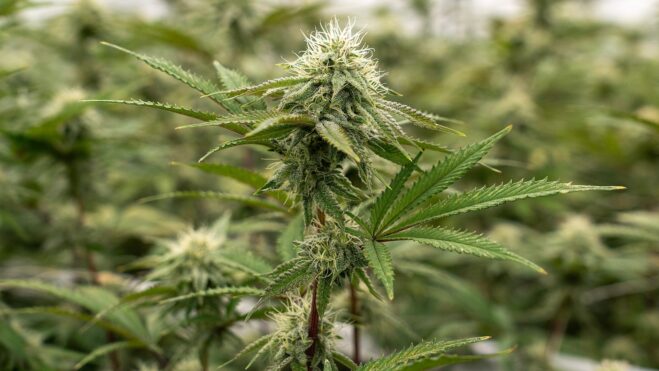This Is Your Brain On Gambling Education: A Gen-Xer’s Warning
NJ task force recommends early gambling ed, but the best laid-plans sometimes backfire
4 min

My teenage years ran from 1983 to 1990, right in the heart of when our leaders decided to tell teenagers to stay away — like, really, really, really away — from drugs and alcohol.
First Lady Nancy Reagan kicked it off in 1982 with her “Just Say No” campaign. And let me tell you, nothing was more convincing to a teenager than some old biddy telling you to stay away from booze and weed.
This was followed by the D.A.R.E. program, founded in Los Angeles in 1983, in which police officers would come to schools with the same message. And let me tell you, nothing was more convincing to a teenager than some square copper telling you to stay away from booze and weed.
Next up — and we’ll call this saving the best for last — was the “This is your brain on drugs” campaign, created by Partnership for a Drug-Free America. These commercials were … hilarious. They weren’t meant to be hilarious, but they were. And let me tell you … well, you know the rest.
The result of all this anti-this and anti-that behavior? Allow me to speak for my generation: We drank a few Budweisers, and nothing bad happened. So we smoked a little weed, and nothing bad happened. We were two-for-two. So we tried some LSD and mushrooms and nothing bad happened. Cocaine? Well, there was that Lenny Bias thing, bad stuff creeping in, but overall? For the great majority, nothing bad happened.
Heck, some of us, some 40-odd years later, are still daring to just say yes to allowing our brains to be on drugs and … overall, nothing bad has happened.
I’m not sitting here saying drugs and alcohol are actually good for you, but what I am saying is lumping beer and weed with crack and heroin may have had the opposite of the intended effect.
Which is why I’m cautioning New Jersey regulators and legislators to tread carefully when they get to page 101 of New Jersey’s 2025 “Report to the Governor on Responsible Gaming.”
The task force that put together the report is advocating responsible gambling education, starting at the kindergarten level.
It’s a nice idea, but if they’re not careful … well, they may end up creating — and adding to — an already-thriving culture of gambling at the youth level. Which would undoubtedly bleed into the adult level down the road.
I’m not the only one with concerns. But where the concerns are coming from may surprise you.
Teaching what, exactly?
Brianne Doura-Schawohl of Doura-Schawohl Consulting, a specialist in responsible gambling initiatives, sees both potential and pitfalls in New Jersey’s approach.
“This is wonderful that we’re finally starting to think about talking to kids from an early age about the dangers associated with gambling, gaming, and the potential of addiction,” she said. “On the other hand, the quality and the type of curriculum that is created and administered is just as important. It’s not as simple as just saying, ‘We should teach kids.’ What are we teaching them? How are we teaching them? And what is it founded in?”
Doura-Schawohl points out that Virginia has already passed a law demanding gambling education, but the age at which it’s to start is opaque, with the final bill just talking about “public school” without specifics. As such, New Jersey would be the first, if enacted, to require K through 12 education.
And things are wildly different for a kindergartner than a 12th grader, so the messaging would (hopefully) be different.
Another important factor to consider: Gambling is already embedded in our kids’ lives.
“Making sure that the curriculum is not saying just ‘don’t do it’ is going to be really important,” Doura-Schawohl said. “My son plays Geometry Dash, for crying out loud. They’ve turned math into a game. Whether from the things they want to buy on a gaming console or off the shelves in the toy department, many items are centered around this element of surprise, risk, or gamble.”
Remember those mystery bags of Lego figurines where you don’t know what you’re getting? That’s gambling. Baseball cards? Gambling. Loot boxes in video games? Definitely gambling.
Just say … maybe?
Keith Whyte, founder and president of Safer Gambling Strategies, echoes these concerns while supporting educational efforts in principle.
“These efforts are really important,” he said. “Getting gambling education efforts in school, integrated into existing substance abuse programs is great. However, among the many caveats is that can’t be the only effort. It’s unlikely to be very effective if that’s the only time kids are hearing about responsible gambling or the dangers of problem gambling.”
Whyte emphasizes that messaging has to be evidence-based and appropriate for different age groups.
“We know from decades of work in substance abuse prevention that these messages have to be age-specific, culturally specific, and they’ve got to be reinforced across a broad variety of domains, school being one of them and arguably not even the most important,” he said.
The D.A.R.E. program’s failure stemmed partly from using the same messaging approach for all ages.
“’Just say no’ is intended for very, very young kids, but it ended up becoming a campaign with the same message even for teens,” Whyte said. “Any prevention scientist could have told you that was not going to work. You can’t talk to teens the same way about drugs as you’re talking to third-graders.”
For gambling education to work, the messaging needs to evolve with the students’ ages.
“When you’re outlining curriculum as robust as K through 12, what the intended goals for a kindergartner should be are probably vastly different than that of what you might be saying to a high school senior,” Doura-Schawohl said. “Or at least I hope.”
Another complication Whyte points out is our inconsistent gambling policies.
“Things are rapidly going to break down when you start talking to older teens, who may well be legal, or may be allowed to gamble in certain forms,” Whyte said. “It just points to our kind of failure of gambling policy to have a consistent minimum age. It’s going to make all these youth education prevention efforts so much more difficult.”
The New Jersey task force’s plan to partner with programs like D.A.R.E. and Law Enforcement Against Drugs (LEAD) for this curriculum also raises my Gen X eyebrows. Given D.A.R.E.’s mixed — at best — results in drug prevention, is this the model we want for gambling education?
So while I applaud the intentions behind page 101 of the report, I — and people much smarter than me — urge caution in implementation. We need evidence-based, age-appropriate messaging that acknowledges the gambling elements already present in kids’ lives rather than simply demonizing them. And as both experts emphasized, school-based education can only be one component of a much broader societal conversation about responsible gambling.
Otherwise, we risk creating another generation that learns exactly the wrong lesson: that the adults are exaggerating the risks, that nothing bad happens if you try it, and that the forbidden fruit tastes the sweetest.
Now if you’ll excuse me, I’ve got a gummy to chew and an IPA to quaff.






